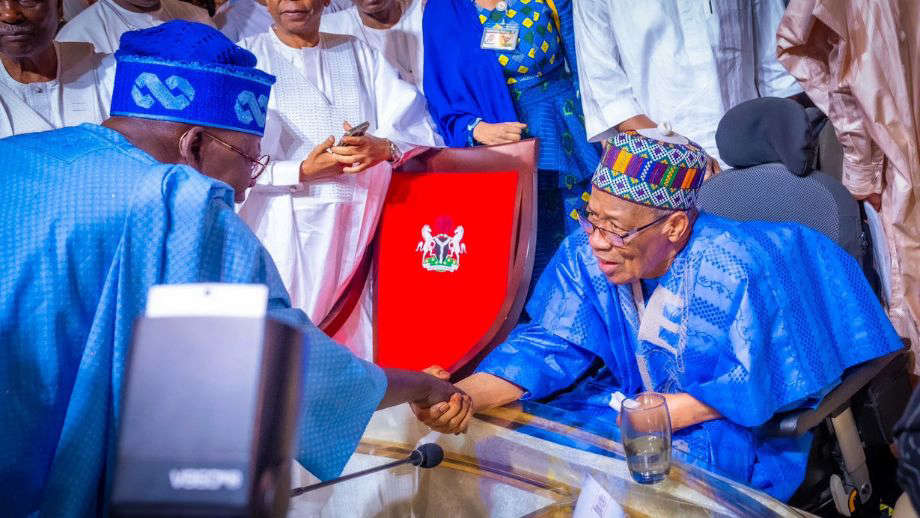The Special Adviser to President Bola Tinubu on Information and Strategy, Bayo Onanuga, has dismissed claims made by former Vice President Yemi Osinbajo that former military President Ibrahim Babangida was among those who “tormented” Tinubu during the military era.
Osinbajo made the remarks last week while reviewing Babangida’s autobiography, A Journey in Service, at its public presentation in Abuja.
During the event, Osinbajo recalled how Tinubu, then a senator, had resisted the military’s dissolution of the Senate following the annulment of the June 12, 1993, presidential election.
In a lighthearted comment, Osinbajo suggested that Tinubu, who was “tormented” by the military, including Babangida, was now present to celebrate one of his former adversaries.
However, speaking on Sunrise Daily, a Channels Television programme, Onanuga refuted Osinbajo’s claim, insisting that Babangida was, in fact, a significant influence on Tinubu’s political journey.
“I think the former Vice President got it wrong. Babangida was not really a tormentor of President Tinubu. Don’t forget that in his own speech at the event, Tinubu acknowledged that Babangida inspired him to go into politics,” Onanuga said.
Onanuga explained that Babangida’s call for “new-breed” politicians in the late 1980s and early 1990s played a crucial role in attracting several technocrats and private sector professionals, including Tinubu, into politics.
READ ALSO: JUNE 12: IBB, Obasanjo, Abubakar belong in jail – Sowore
According to Onanuga, it was this vision of bringing in fresh faces that led Tinubu to join the political scene.
“The military president had talked about bringing in fresh faces, and many professionals, including Tinubu, heeded that call. So, he went there (the book launch) to pay homage,” Onanuga added.
The presidential aide clarified that Tinubu’s real challenges with the military began under General Sani Abacha, when he and some lawmakers attempted to reconvene the Senate in Lagos after it had been dissolved.
Onanuga pointed out that it was during Abacha’s rule that Tinubu faced more direct opposition from the military regime.
Onanuga also took the opportunity to commend Babangida’s recent admission that Chief MKO Abiola won the 1993 presidential election, a statement that was widely seen as a significant acknowledgment of the democratic legitimacy of Abiola’s mandate.
However, Onanuga noted that while the admission was welcome, it came “too late” to undo the damage done during the years of military rule.
The exchange has sparked renewed discussions about the complex relationships within Nigeria’s political landscape, particularly regarding the roles played by key figures like Babangida, Osinbajo, and Tinubu during the military era and their impact on the country’s democratic evolution.



